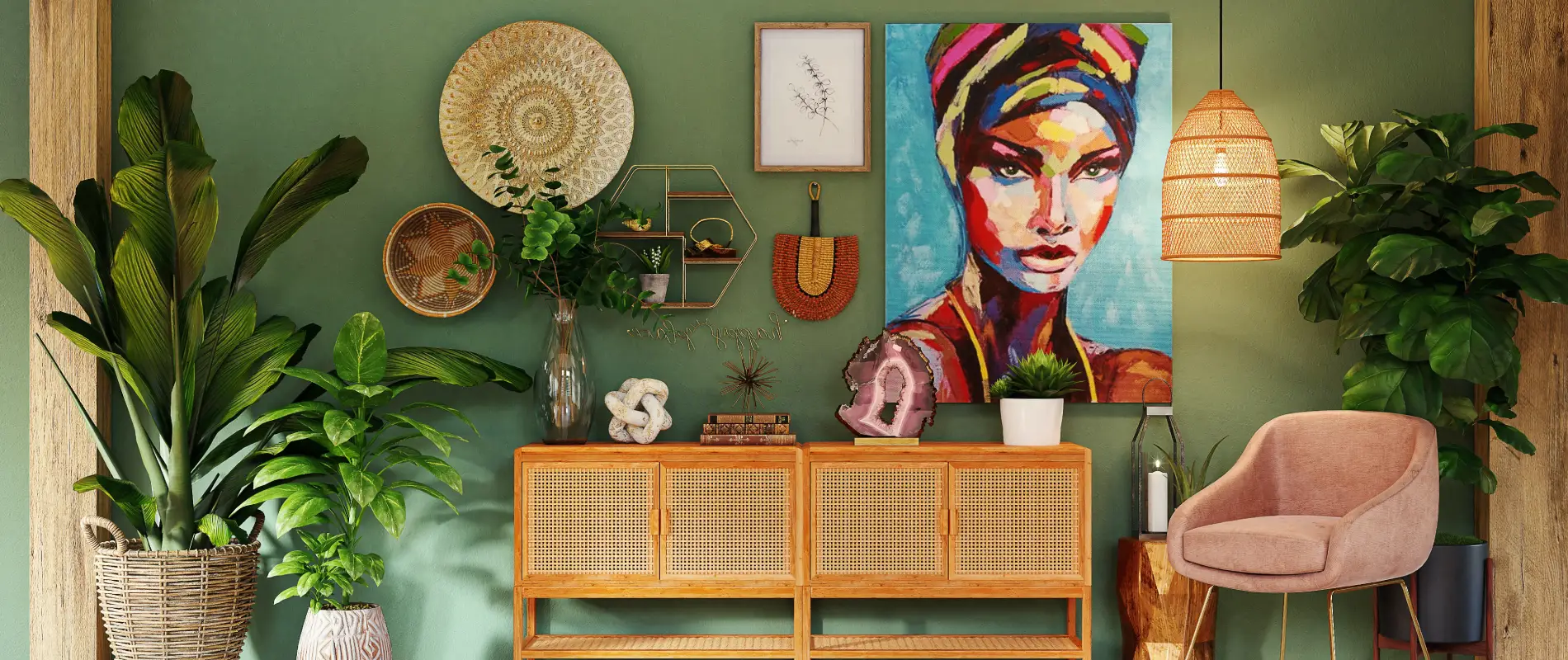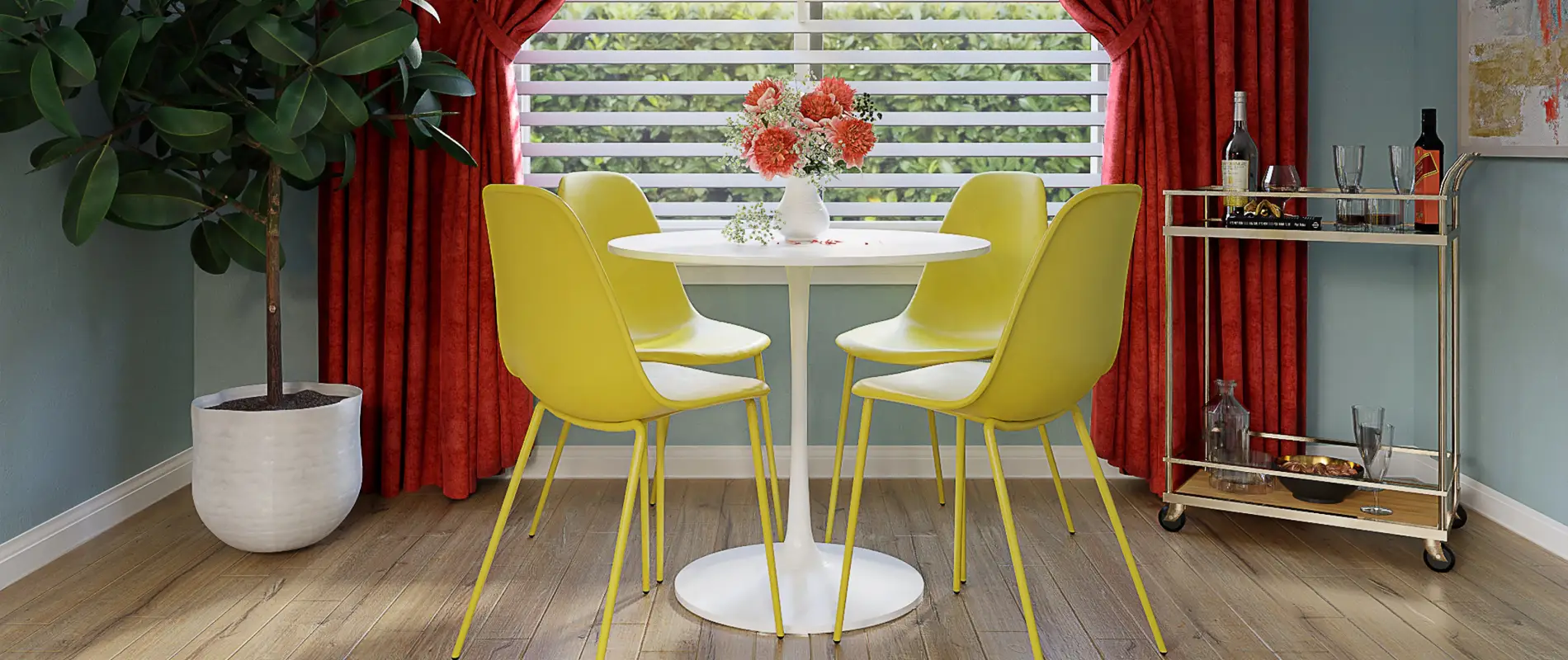Experience a fresh approach to design: layout analysis
Discover a modern and engaging multi-column layout that emphasizes clarity and inspiration. This distinctive design features a striking two-column format-perfect for showcasing your ideas effectively in any WordPress website builder environment.
Original design overview
Overall structure
This layout stands out with its two-column design, offering an organised yet dynamic presentation of content.
Arrangement of rows and columns
The left column captures attention with a bold header and an impactful quote, while the right column provides in-depth explanations, making it ideal for exploring concepts in detail.
Asymmetrical choices
The intentional asymmetry of the column widths directs focus where it matters most, ensuring your core message resonates with your audience.
Element and feature description
Visible elements
- Headers: The commanding phrase “Ideas for Life” serves as the focal point of your content, encouraging engagement right from the start.
- Text blocks: With a powerful quote on the left and elaborative filler text on the right, this layout expertly balances attention-grabbing content and supportive information.
Interactive elements
While this layout focuses on textual content, you can enhance user interaction by integrating buttons or forms seamlessly into the design.
Typography
The modern sans-serif font style ensures readability and aesthetic appeal, with a clear hierarchy-bold headers paired with smaller explanatory text for efficient communication.
Graphical elements
Emphasising simplicity, this design relies on textual information without overwhelming graphics, allowing your core messages to shine.
Image borders/radius
Not applicable in this layout, as there are no images featured.
Unique design aspects
Standout design choices
The asymmetrical columns and a defined visual hierarchy create a lasting impression, guiding your audience’s focus precisely where it should be.
Hover effects/animations
While the current design does not include dynamic elements, consider enhancing it with hover effects to increase interactivity.
Responsive design
This adaptable two-column layout promises an excellent viewing experience across various devices, ensuring your content is accessible to all. For insights on adapting your design, explore responsive WordPress design.
Accessibility considerations
The strong contrast between text and background fosters readability, demonstrating a commitment to accessibility standards.
Overall design style
Design style
Embrace a minimalist and modern aesthetic that prioritises clean lines and functionality to resonate with contemporary audiences.
Visual hierarchy
Effectively guiding the user’s focus, the prominent header and quote are strategically placed to lead to the supporting text, enhancing understanding.
Use of white space
Generous white space envelops the text, improving readability and contributing to a balanced composition, making navigation intuitive and enjoyable.
10 ways to organise content in WordPress
Categories and tags
Using categories and tags helps to organise your content efficiently. Categories cover broad topics, while tags offer detailed descriptions. This dual approach enables users to navigate your content easily, enhancing the overall user experience. Regularly updating and managing these will keep your site relevant and user-friendly.
Custom post types
Custom post types allow you to create different content types outside the standard posts and pages. They offer flexibility in displaying diverse content like portfolios or testimonials, tailored to your site’s needs. This customisation enriches your Website by diversifying user engagement opportunities.
Pages vs. posts
Understanding the difference between pages and posts is crucial. Pages are static, ideal for timeless content, such as “About Us” sections, while posts are dynamic and typically part of a blog. Deciding what content suits which format can enhance the functionality of your WordPress website.
Menus and navigation
Efficient use of menus and navigation improves the user browsing experience. Organising these elements intuitively helps users find the content they need seamlessly, enhancing site functionality and satisfaction.
Sticky posts
Highlight significant content using sticky posts. This feature keeps essential posts at the top of your home page or blog, drawing continual attention to crucial topics. It is particularly beneficial for time-sensitive announcements or cornerstone content.
Content hierarchy
Implementing a clear content hierarchy ensures that users can easily digest information. Use headings, subheadings, and bullet points to break up text and guide readers through your content naturally, improving readability and user engagement.
Related posts
By showcasing related posts at the end of articles, you engage readers longer and direct them to more content related to their interests. This strategy boosts page views and provides a cohesive user reading experience.
Widgets and sidebars
Use widgets and sidebars to showcase additional content and functionality without cluttering the main page. Strategic placement of widgets can highlight recent posts, popular content, or subscriptions, enhancing user interaction and engagement.
Gutenberg blocks
Leverage Gutenberg blocks to structure your content effortlessly. This feature allows for diversity in layout design, enabling you to organise text, images, and multimedia more flexibly and creatively than traditional methods.
Archive pages
Design archive pages to provide visitors with easy access to older content. Archives can be categorised by date, tag, or category, supporting users in discovering past articles and increasing the overall accessibility of your site.
10 different types of content in WordPress
Blog posts
Blog posts are the backbone of WordPress content, serving as a platform for sharing news, opinions, and stories. Effective use of posts can engage audiences regularly, fostering community and dialogue around your brand or personal interests.
Pages
Create static pages for timeless information, like WordPress getting started guides. Pages are ideal for content that doesn’t change frequently and need prominent navigation from your website’s menu.
Portfolios
Showcase your work using a portfolio post type. This format lets creative professionals display their projects, providing potential clients with a comprehensive view of their capabilities in an organised and visually appealing manner.
Testimonials
Testimonials are powerful endorsements from your clients. Sharing positive reviews can build trust with prospective customers, leveraging the experiences of past clients to convince others of the value you offer.
Product pages
For e-commerce sites, product pages are critical. Detailed descriptions, pricing information, and customer reviews help potential buyers make informed decisions, ultimately fostering sales. Integrating with platforms like WooCommerce can streamline this process.
Image galleries
Image galleries provide a dynamic way to display multiple images in a cohesive and visually appealing format. Ideal for photographers, creatives, or any business requiring visual representations, galleries bolster website aesthetics and engagement.
Landing pages
Landing pages focus on specific marketing campaigns. Designed to capture leads or facilitate conversions, they typically include a compelling call to action, appealing directly to your visitors’ needs or interests.
Podcasts
With the growing popularity of audio content, podcasts are an effective addition to a WordPress site. Hosting your podcast episodes can extend your reach and engage audiences on platforms beyond traditional written content.
Videos
Incorporating videos can significantly boost user engagement. Video content is versatile, offering tutorials, interviews, or promotional material that users are more likely to share and interact with than text alone.
Event calendars
Display upcoming events with an event calendar. This feature keeps your audience informed and engaged, whether promoting webinars, concerts, or local meetups, by providing timely information and easy-access links.
Conclusion
As you embrace this modern, asymmetrical layout featuring a captivating quote and thoughtful text blocks, you’ll find yourself creating a WordPress website design that truly engages. By using creative combinations of layout and features, and finding the perfect balance of text and white space, you can deliver powerful messages that resonate with your audience. Whether you’re a seasoned designer or just starting with WordPress website creation, adopting this layout is a step towards a site that leaves a lasting impression.



